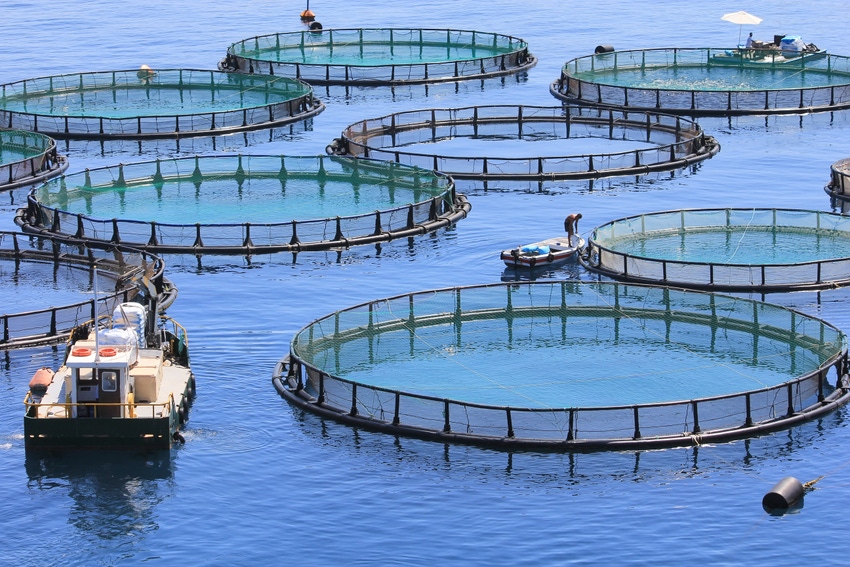Aquaculture genetics consortium set to tackle industry challenges
Cutting-edge sequencing technologies will identify DNA markers linked to economically important traits like disease resistance or growth rate.
February 21, 2019

A major research collaboration between academic and industry scientists in the U.K. aims to boost selective breeding of stocks of aquaculture species, according to an announcement from the University of Edinburgh.
The £1.7 million AquaLeap initiative will focus on four key species: the European lobster, European flat oyster, lumpfish and Atlantic salmon.
University researchers will work closely with industry partners to identify sustainable solutions to current challenges facing aquaculture production, including significant diseases, the announcement said.
The interdisciplinary consortium is led by the University of Edinburgh’s Roslin Institute, in partnership with the universities of Aberdeen, Exeter and Stirling and the Centre for Environment, Fisheries & Aquaculture Science.
The commercial partners are Hendrix Genetics BV, Xelect Ltd., The National Lobster Hatchery, Tethys Oysters Ltd. and Otter Ferry SeaFish Ltd.
Teams will use cutting-edge genetic sequencing technologies to identify DNA markers that are linked to economically important traits, such as disease resistance or growth rate, the announcement said. This information will help develop and apply new tools to improve breeding programs for the target species.
The researchers will also develop gene editing techniques to understand genes controlling resistance to diseases and explore the possibilities for using this technology to speed up stock improvement, the University of Edinburgh said.
“Well-managed programs of domestication and breeding have a large and mostly untapped potential for improvement in aquaculture production. AquaLeap will focus on developing and applying genomic tools to selective breeding of several important aquaculture species,” Roslin Institute professor Ross Houston said.
AquaLeap is funded by the U.K.'s Biotechnology & Biological Sciences Research Council and the Natural Environment Research Council under its targeted U.K. Aquaculture Initiative, with additional co-funding from the Scottish Aquaculture Innovation Center.
Source: University of Edinburgh, which is solely responsible for the information provided and is wholly owned by the source. Informa Business Media and all its subsidiaries are not responsible for any of the content contained in this information asset.
You May Also Like

.png?width=300&auto=webp&quality=80&disable=upscale)

